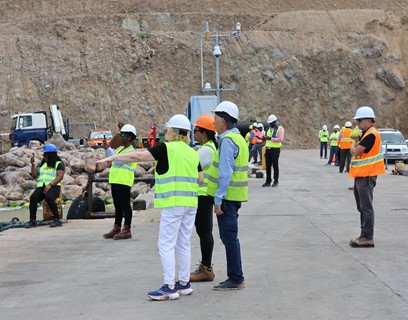
The large number of vacancies has wreaked economic havoc on communities. In Texas, which has the most vacancies of any state, a 2015 study by the Perryman Group revealed that if two judicial vacancies were filled, it would likely lead to the creation of over 78,000 jobs and an increase of $11.7 billion in economic activity by 2030. The study found that fully-staffed courts lead to increased personal income, worker earnings, and retail sales “by reducing uncertainties and the time required to resolve business disputes.”
Even more alarming is the federal backlog’s effect on criminal cases. The Constitution grants all persons the ability to be heard before the court; more specifically, the Sixth Amendment enshrines the right to a speedy trial. However, since 2009, the average time to resolve a felony case has doubled to 13 months. This can result in the creation of what are known as “plea-bargaining mills,” where defendants are incentivized to plead guilty (even if they are innocent) to end waiting periods spent in prison that can far exceed the actual sentence for the offense in question. Indeed, a criminal defense lawyer who practices in the Eastern District of Texas, stated that the delay in felony cases is often used by prosecutors as a “hammer” over a defendant’s head: “Plead guilty and you’ll be out of jail.”
Read the full column here.


